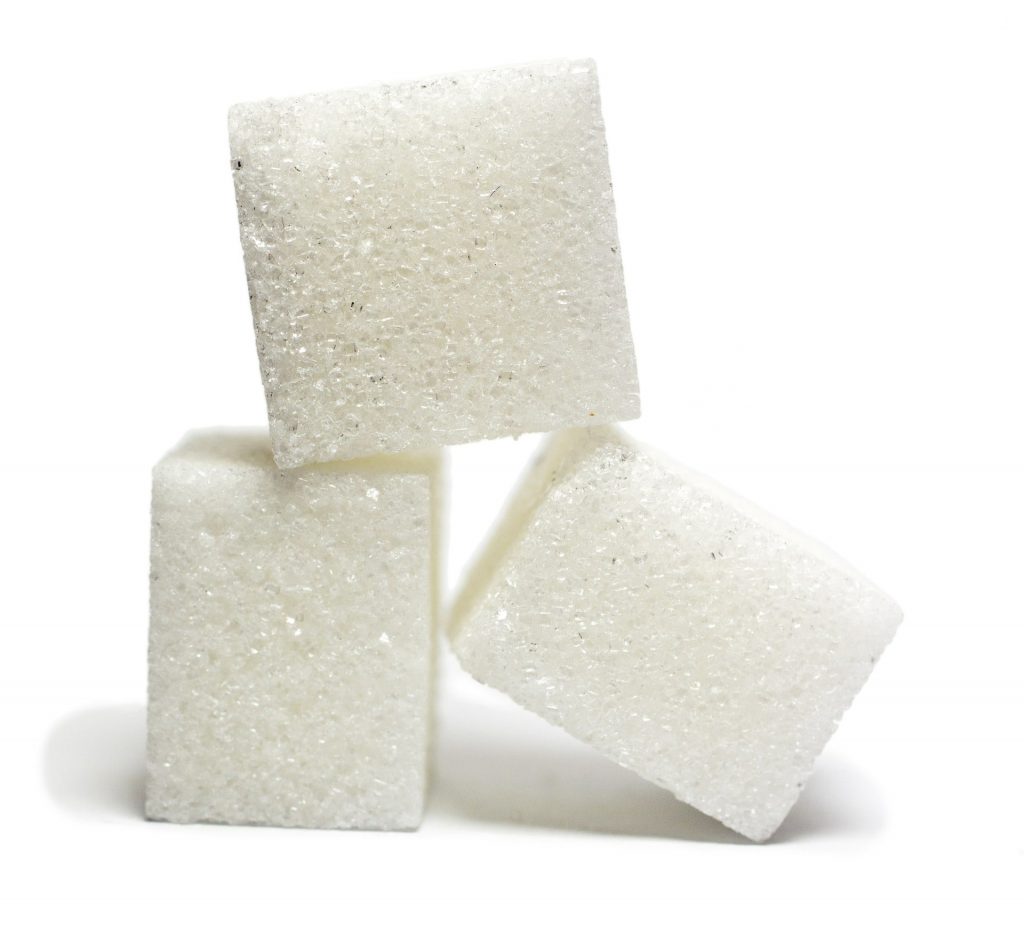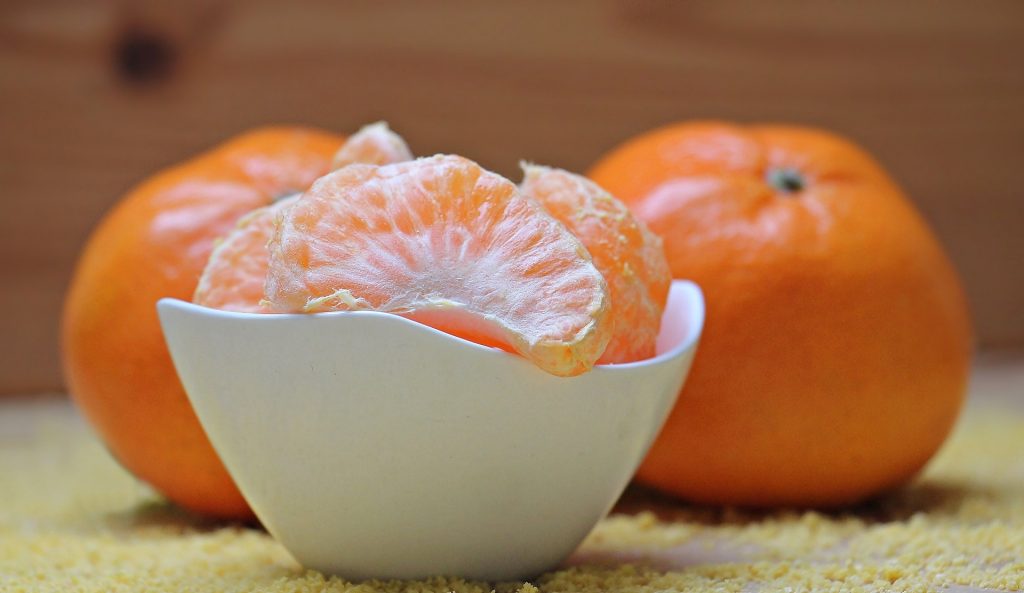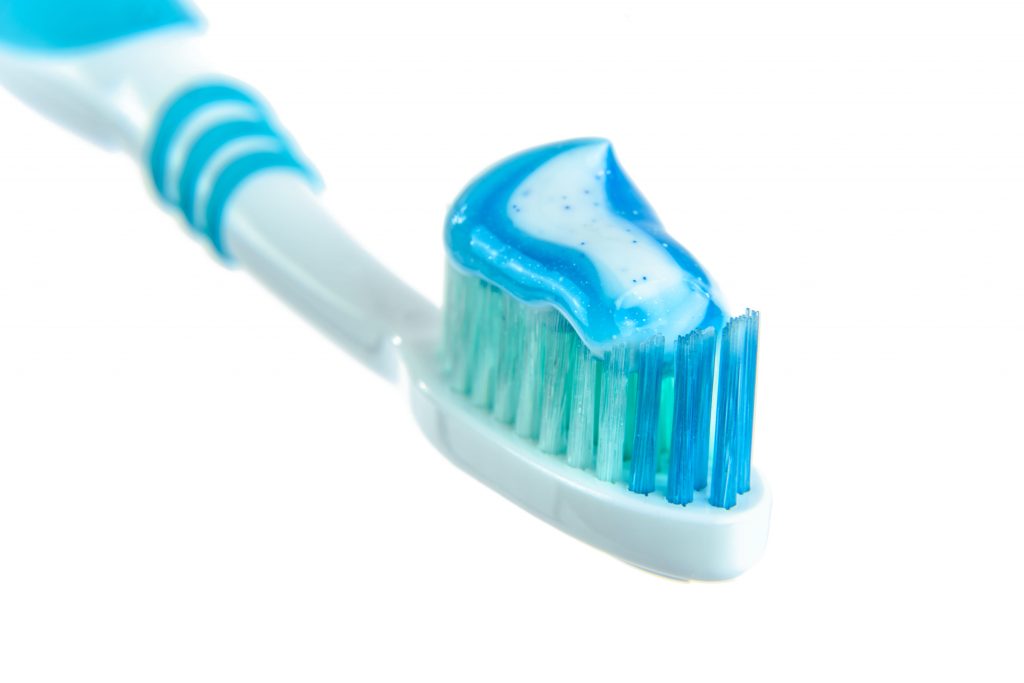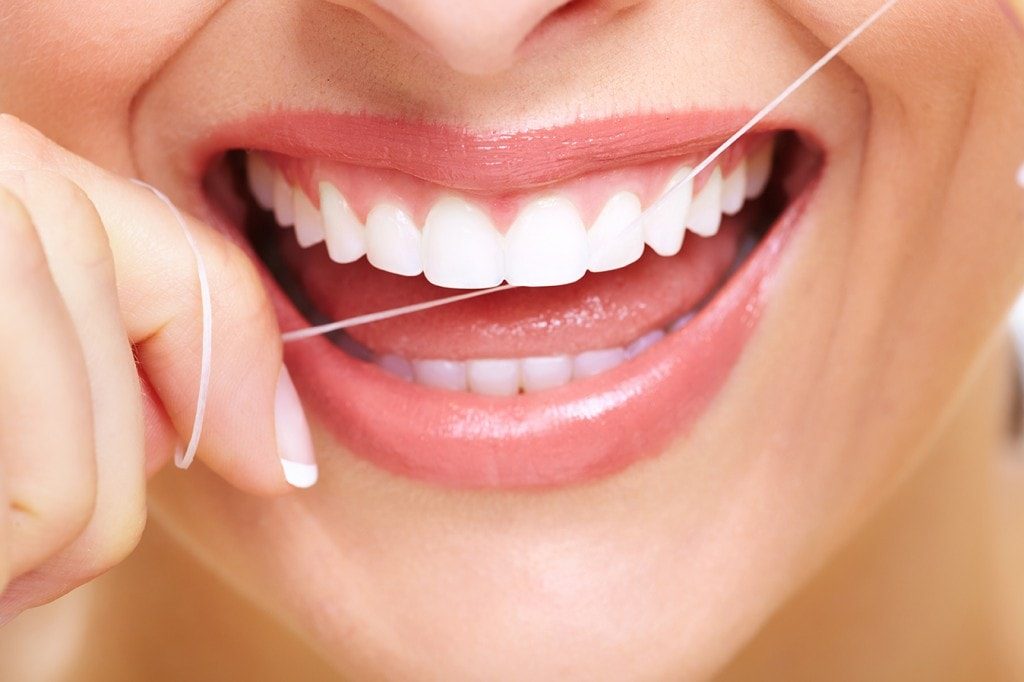General Dentistry
The Significance Of Hygienic Tongue to your Oral Health
 You might have stumbled upon a tongue scraper when you are in a store shopping for your daily needs at home.
You might have stumbled upon a tongue scraper when you are in a store shopping for your daily needs at home.
But for sure, it never came to your mind how this simple and lifeless tool could enhance your oral health extraordinarily; thus, you just walked past it and never turned for a second look. Tongue, along with your teeth and gums, requires utmost attention so you can achieve a complete package of total oral wellness.
Your tongue is not just an important part of the body used for talking and chewing food; it also plays a crucial part in your immune system and oral wellbeing. Bacteria buildup on the surface of your tongue might cause health and dental problems such as respiratory complications, digestive issues, a compromised immune system, gum disease, tooth decay and many others. Cleaning your tongue every day is an effortless yet successful method towards admirable oral health.
Tongue is A Diagnostic Device
Similar to a human’s skin, the tongue also reveals the condition of your health. It is a mirror reflection of internal organs. It is mapped out to show different parts of your internal body. Just by looking at your tongue in the morning, you can learn a lot what is happening in its certain sections. And just acupuncture, you actually stimulate and massage those internal organs through scraping your tongue.
How Vitamin C Promotes Healthy Gums
 Healthy gums are actually a promising indication that you could have a good oral health. It is just sad to know that sometimes, gums do not receive the proper attention it need unlike what most people would do in any cost with their teeth. Neglecting the health of your gums could lead to gingivitis and periodontal disease, including scurvy, which is known to be the hallmark of vitamin C deficiency.
Healthy gums are actually a promising indication that you could have a good oral health. It is just sad to know that sometimes, gums do not receive the proper attention it need unlike what most people would do in any cost with their teeth. Neglecting the health of your gums could lead to gingivitis and periodontal disease, including scurvy, which is known to be the hallmark of vitamin C deficiency.
Vitamin C has a significant role for your gum health. So if you are making steps in paying attention with your gums, eating foods that are rich in vitamin C is one of the best methods you should do first. Vitamin offers almost unlimited benefits for your gums that could free you from gum disorders.
The Goodness You Can Get from Vitamin C
Vitamin C can hinder the development of plaque and tartar. It is even considered as the invisible toothbrush; thus if you are fond of tooth brushing, results for a healthier gums and teeth may not still be convincing without sufficient amounts of vitamin C.
Paying Attention with Bad Breath Issues

Also known as halitosis in its medical term, bad breath is a condition that’s pretty common for everybody. This is a natural case though, especially if it’s caused by simple circumstances such as eating odorous foods or skipping important meals. However, this simple indication should not be neglected, particularly if having a bad breath seems to be recurrent already.
Common Causes of Bad Breath
There are two factors that trigger bad breath to occur in your mouth. These are external and internal factors. External reasons involve the type of food you eat such as spicy or odorous in nature. People who smoke and consume alcoholic drinks get higher chances of acquiring bad breath, especially if doing such vices became their everyday habit.
Internal factor happens in the vicinity of your tongue. The tongue is a ground for millions of bacteria. Numerous odour-causing bacteria produce a compound called volatile sulphur compound (VSC), which eventually leads to, of course, bad breath. The two major VSC’s that activates halitosis are known to be methyl mercaptan and hydrogen sulphide. Most of these bacteria reside at the back portion of the tongue.
How Communication With Your Dentist Affects Oral Health
 In taking proper care of your teeth, gums, and mouth, regularly seeing your dentist is just as important as brushing twice and flossing every day. That is why dental care experts continue to stress that you should visit the dentist frequently, every six months to be specific.
In taking proper care of your teeth, gums, and mouth, regularly seeing your dentist is just as important as brushing twice and flossing every day. That is why dental care experts continue to stress that you should visit the dentist frequently, every six months to be specific.
However, there can be certain aspects that prevent you from getting the most out of your dental visits. One of these issues involve the effectiveness of communication between you and your dentist.
A team of researchers from the University of Florida found out that ineffective communication can still lead to poor dental and oral health despite visiting the dental clinic regularly.
Better Communication Is Needed To Uphold Oral Health
According to the findings of the study, the difference between the expertise of dentists and the limited knowledge of patients can create a communication barrier that keeps you from forming a great and effective dentist-patient relationship with your dental care partners.
How Your Saliva Upholds Dental Wellness
 You can easily describe saliva as the transparent fluid that fills your mouth, every time you are about to munch on your favourite treats.
You can easily describe saliva as the transparent fluid that fills your mouth, every time you are about to munch on your favourite treats.
Then again, you might not be entirely aware about this but the flow of saliva has other functions aside from aiding in the preliminary digestion of food. It actually plays an integral role in maintaining a healthy environment in your mouth.
All in all, it helps in protecting your teeth and gums from dental and oral health concerns so that you can enjoy healthy and beautiful smiles.
Here are the numerous ways in which saliva upholds dental wellness and oral health.
Dentist Brisbane: Kids, Their Parents, And Dental Phobia

For expert guidance when it comes to the well-being of your children’s teeth and gums, consult your trusted Brisbane dentist here at Malouf Dental. We can provide them with top-notch Children’s Dentistry so that they can maintain a healthy mouth as they grow up. Call us today on (07) 3390 6100 or book your appointment online.
To find this video on our Youtube Channel, please click the link below:
When Should Kids Start To Floss Their Teeth
Sugar Intake Should Be Reduced To Prevent Tooth Decay
 In spite of the significant effort put in upholding utmost dental and oral health, tooth decay is still one of the most prevalent chronic diseases in the world. In a global research on chronic illnesses, it has been found that tooth decay is the most common oral health problem, with a high global prevalence of 35 per cent. Here in Australia, out of 10 adults, 3 of which have untreated tooth decay.
In spite of the significant effort put in upholding utmost dental and oral health, tooth decay is still one of the most prevalent chronic diseases in the world. In a global research on chronic illnesses, it has been found that tooth decay is the most common oral health problem, with a high global prevalence of 35 per cent. Here in Australia, out of 10 adults, 3 of which have untreated tooth decay.
To address this concern, it is important to note that main factors that lead to its onset. One of the major causes of tooth decay would be sugar intake. There is an undeniable link between the two.
As you munch on those sweets, oral bacteria feed on the sugars to form plaque which constantly produces acids that damage your teeth. For this reason, it is crucial to keep a close watch of your sugar consumption.
The Reminder On Sugar Intake From WHO
Wary of the consequences brought about by sugar intake, the World Health Organisation released a set of guidelines in 2002. According to this, sugars should be limited to only 10 per cent of the total energy intake. This only sums up to 50 grams per day. In addition, it was also noted that the target should be only 5 per cent or just 25 grams a day.
Periodontal Consequences of Vitamin C Insufficiency
 Between poor dental hygiene to a genetic predisposition to periodontal anomalies, chronic gum tissue problems can result from a number of things of things.
Between poor dental hygiene to a genetic predisposition to periodontal anomalies, chronic gum tissue problems can result from a number of things of things.
Among the most significant yet underrated of these known factors is poor nutrition, specifically inadequate vitamin C levels in the body.
It has long been proven that insufficient levels of vitamin C in the body make for gums that bleed rather easily. As such, it is not exactly news that a prominent lack of vitamin C makes periodontal tissues more vulnerable to gingivitis, which if left untreated easily progresses to periodontitis.
Types Of Toothbrushes

Ever wonder whether or not the high-tech looking toothbrush that is on display on your dentist office is decisively more effective in cleaning your mouth than the one you have at home. What about that toothbrush that uses AA batteries? And the toothbrush that you plug into the wall?
Apart from practicing the proper fundamentals of brushing your teeth, which include brushing technique, frequency, and the amount of time you spend brushing, the type of toothbrush you use largely impacts the efficiency at which you preserve and improve the overall status of your oral health.
There are essentially three different types of toothbrushes. These being the rechargeable electric toothbrush (typically refereed to as sonic toothbrush), the battery operated toothbrush, and the regular manual toothbrush.
Correct Flossing Techniques
 There aren’t many things that are better than flossing when it comes cleaning the hard-to-reach corners of your teeth. That is except for flossing with proper techniques. Proper flossing techniques allow you to more effectively remove bacteria and plaque buildup.
There aren’t many things that are better than flossing when it comes cleaning the hard-to-reach corners of your teeth. That is except for flossing with proper techniques. Proper flossing techniques allow you to more effectively remove bacteria and plaque buildup.
Before flossing your teeth, always keep in mind to thoroughly wash your hands first, as your fingers and mouth will come into close proximity with each other.
What Makes For Proper Flossing
Always make sure that you use enough floss. Ideally, you want to break off an 18-inch long dental floss. This length allows you a clean segment of dental floss as you clean between interdental spaces. Wrap both ends of the dental floss on either the index or middle finger of either hands.
Use a gentle sliding motion when cleaning interdental spaces. It also helps when you make it a point to use a zigzag motion when flossing. Be very careful not to let the floss snap when cleaning between the teeth.
Remember that the letter “C” makes for the perfect flossing shape. As such form a C-shape with your floss as you keep it wrapped around your teeth. When flossing, always floss following an upward motion, starting on the gum line.
Roll your floss. Using your thumb as guide, unroll a fresh section of dental floss from your fingers as you move from one interdental gap to another. Also, always make it a point to floss the back of your teeth.









